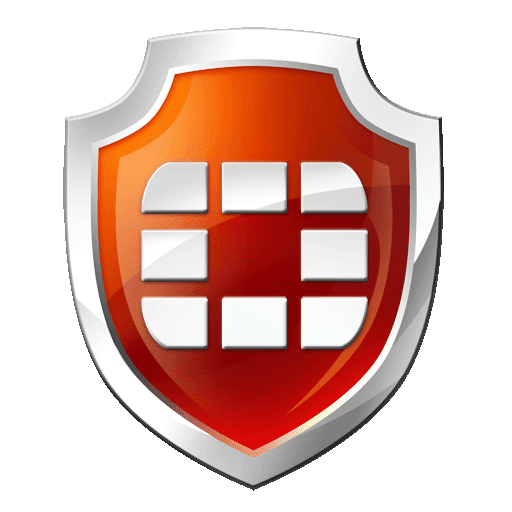FortiGate VM is a virtual appliance version of the FortiGate Next-Generation Firewall (NGFW) offered by Fortinet, a cybersecurity company. FortiGate is a comprehensive security platform that provides network security, firewall protection, intrusion prevention, antivirus, application control, VPN, and other security features.
FortiGate VM is designed to run as a virtual machine (VM) on various virtualization platforms, including VMware, Hyper-V, KVM, and others. It offers the same security capabilities as physical FortiGate appliances but in a virtualized form, making it suitable for virtualized data centers, cloud environments, and software-defined networking (SDN) deployments.

Price Calculator
Data Centers Around the Globe

Frequently Asked Questions
FortiManager-VM has a minimum requirement of 4 CPU, 8 GB of RAM, and 500 GB of disk storage. For 7.2.2 and later, the minimum requirement for RAM is increased to 16 GB and 4 CPU cores.
Here are more details in the Fortigate system documentation.
Fortinet’s FortiGate is a comprehensive cybersecurity platform that offers a range of security and networking features. Common use cases for FortiGate include:
Unified Threat Management (UTM), firewall and network security, VPN (Virtual Private Network), web filtering and application control, intrusion prevention system (IPS), Secure SD-WAN (Software-Defined Wide Area Network), email security, wireless LAN security, endpoint protection integration, cloud security, logging and reporting, and high availability and redundancy.
Several popular alternatives to FortiGate in the realm of network security and unified threat management (UTM) include:
Cisco ASA (Adaptive Security Appliance)
Palo Alto Networks Next-Generation Firewalls
Sophos XG Firewall
Check Point Security Gateway
WatchGuard Firebox
SonicWall Next-Generation Firewall
Juniper Networks SRX Series
Barracuda CloudGen Firewall
F5 BIG-IP
Zyxel ZyWALL Series
While all cybersecurity platforms aim to protect networks and data, Fortinet stands out from the crowd in several key ways:
Integrated Security Fabric: Unlike many platforms with separate modules for different security functions, Fortinet offers a unified Security Fabric approach. This fabric seamlessly integrates firewall, intrusion detection/prevention (IDS/IPS), endpoint protection, web filtering, sandboxing, and other security functionalities.
Performance and Scalability: Fortinet appliances are renowned for their high performance and scalability. They can handle large volumes of traffic efficiently and scale to accommodate growing network needs, making them suitable for businesses of all sizes.
User-Friendly Management: While some security platforms can be complex to manage, Fortinet prioritizes user-friendliness. Their graphical interface is intuitive and offers centralized management for all security functions within the Security Fabric.
Extensive Feature Set: Beyond firewall basics, Fortinet offers a comprehensive suite of security features, including advanced threat intelligence, malware detection and sandboxing, web and content filtering, data loss prevention (DLP), secure access control, and more.
However, here are some potential drawbacks to consider:
Cost: While competitive compared to high-end solutions, Fortinet can be more expensive than some open-source or simpler options.
Vendor Lock-in: Reliance on the Fortinet Security Fabric might create vendor lock-in, making it more challenging to switch to other solutions in the future.
Complexity for Small Networks: The comprehensive feature set and integrated approach might be overkill for very small networks with simpler security needs.
Here’s why Kamatera stands out as the most compelling option for Fortigate hosting:
Cutting-edge hardware: Kamatera leverages Intel Xeon Platinum processors and NVMe SSD storage, guaranteeing exceptional performance for your solution.
Global network reach: With 18 data centers strategically located across four continents, Kamatera provides low-latency access to your server, regardless of your users’ geographical locations. This minimizes lag and ensures consistent performance for geographically distributed teams.
Elastic infrastructure: Kamatera’s infrastructure seamlessly scales to accommodate your growing needs. You can easily add or remove resources on-demand, without downtime or performance bottlenecks.
Industry-leading security measures: Kamatera prioritizes security by implementing data encryption, access control mechanisms, vulnerability scanning, and compliance with industry standards like PCI DSS and SOC 2.
24/7 Support: Kamatera’s dedicated support team is available 24/7 to assist you with any questions or issues you may encounter with your Fortigate hosting.